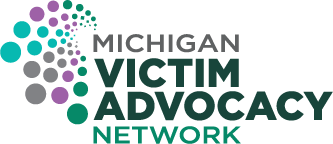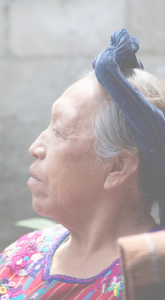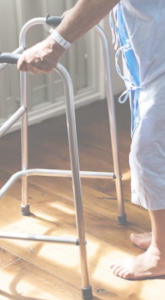Search
MiVAN
October 2024
In this month's compilation, we highlight one training that covers fundamentals of serving survivors of domestic violence. The rest of this roundup is dedicated to specific instances that come up in the domestic violence and intimate partner violence field for which we can give specific support.
MiVAN
September 2024
In this month's compilation, we have pulled together resources and trainings that can help us better support youth who are at risk for or who have committed crime.
MiVAN
August 2024
In this month's compilation, we have pulled together resources and trainings that can help us better support criminalized survivors and those survivors of crime who are incarcerated.
Vera Institute of Justice
October 2020
This toolkit was designed to provide comprehensive and culturally responsive informational and educational resources, tools, videos, and examples of best practices for law enforcement, forensic interviewers, victim advocates, and others to prepare them to effectively respond to victims of crime with disabilities across the lifespan.
US Department of Justice Civil Rights Division
February 2020
This guide provides an overview of Federal civil rights laws that ensure equal opportunity for people with disabilities.
Office for Victims of Crime (OVC)
September 2012
There are three types of accessibility, and they are all intertwined: Attitudinal accessibility, Physical accessibility, Programmatic accessibility.
Zero Abuse Project
April 2022
This guide instructs prosecutors in the issues that must be addressed in their interactions with and accommodations for children with disabilities in various phases of the prosecution of cases of alleged child abuse.
US Department of Justice Civil Rights Division
February 2020
This document offers common sense suggestions and examples to assist law enforcement agencies in complying with the ADA
VAWnet
January 2016
This collection provides: National and statewide homicide statistics that help illustrate the scope of the problem; an overview of tools and strategies for assessing danger or the risk of lethality in domestic violence cases; recommendations and approaches for utilizing the fatality review process to prevent intimate partner homicide; and more.
CBS News
March 2024
“Last week two 19-year-old twin sisters were attacked in Brooklyn after police say they refused to give their number to a 20-year-old man who approached them. The incident shocked community members and is calling attention to a bigger issue surrounding the harsh realities many women face when saying no to men."
American Public Health Association
August 2024
This webinar explores gun violence in the U.S and shares a comprehensive public health approach to addressing the complexity of the growing crisis. Presenters review the historical, structural, social and political determinants of health that contribute to gun violence.
Washington Coalition of Sexual Assault Programs
May 2021
“First in WCSAP’s 2021 Keynote Series, Theda New Breast from the Native Wellness Institute, gives her talk on Missing and Murdered Indigenous Women, Girls, and 2Spirit Awareness Day. She discusses grassroots organizing, healing work, and self-care “recess”.”
NBC News
February 2024
In the U.S., Black adult women are six times more likely to be killed than their white counterparts, troubling new data reveals...Black women living in Midwestern and Northeastern states were also more likely to be killed by a firearm, the paper found.
Victim Connect
This short web-article discusses grief in the context of being a homicide survivor and gives suggestions for addressing the grief.
Parents of Murdered Children
This list of experts is available to answer field-specific questions in the areas of legal, law enforcement, victim rights, etc. An archive of previous questions also exists for viewing.
Michigan Department of Health and Human Services (MDHHS)
A list of organizations throughout Michigan that serve and support survivors of homicide.
National Indigenous Women’s Resource Center (NIWRC)
January 2024
This guide was designed to assist families and advocacy organizations in responding when a Native woman goes missing. It provides information about immediate steps that can be taken in the first 72 hours after a person goes missing, especially where the law enforcement response is non-existent or non-responsive
MiVAN
July 2024
In this month's compilation, we have pulled together resources and trainings that shed more light on the topic of homicide, including gun violence, homicide and intimate partner violence, the higher risk of homicide for Black women, how to support survivors, and more.
MiVAN
June 2024
This month, we created a complication of recent resources and trainings centered around abuse in later life, including how to identify and respond as advocates.
National Clearinghouse on Abuse in Later Life (NCALL)
June 2023
This webinar overviews elder abuse and dives into the victim and healthcare provider perspectives on cases of abuse in later life, particularly how forensic nurses can identify and intervene in a trauma-informed way.




















